publications
Camaraderie fosters learning during the KM4AgDChallenge.
Story by: Elizabeth Asiimwe (Uganda) We may all have organized virtual learning sessions, but how many of us have organized effective sessions in the agricultural systems setting? Well, this calls for a deeper reflection. I recently participated in the #KM4AgDChallenge which I believe fits the description of an effective learning program. A novice in the field of Knowledge Management:
World Soil Day; Halting the Peril of Africa Soil Degradation
By Wole Fatunbi Ph.D. The 5th of December is the 2021 World Soil Day, this year’s theme is “Halt Soil Salinization and Boost Soil Productivity”. In Africa, 50% of the irrigated lands have different levels of salinization problems, although only 6% of our agricultural lands are irrigated. Notwithstanding the growth in demand for food and fiber, and increase in intensification
Empowering the youth through sharing of indigenous knowledge
Written By: PAUL ATSU (YPARD Ghana) Indigenous agricultural practices adopted by locals largely depend on traditional knowledge. Such knowledge is common in the agricultural system to preserve the ecosystem and biodiversity. Traditional knowledge has proven to be useful in sustainable food production and the support of human and animal health. Farmers possess a vast pool of indigenous knowledge in agricultural
Five propositions for generating sustainable youth employment in Sub-Saharan Africa
By Dr. Paul Boadu The generation of quality jobs as part of regional and national economic growth and development process is central to ensuring sustainable and inclusive growth. As part of efforts to support job creation for the ever-increasing youth population, many countries in the Sub-Saharan regions of Africa have implemented youth employment programmes over the past years. In the
How the African Heritage Grain Crop became an Orphan Crop!
Did you know Africa is blessed with some crop species that thrives well in the continent and across the various regions within the sub-Saharan? These crop species are well adapted to the regions and will require minimal attention during its growing period with low external input use. A lot of talk about originality of crop species have spiked and large
Rediscovering the Jute Mallow…a forgotten food
Africa possess a wide range of indigenous vegetables with huge nutrients to meet the need of its inhabitants. Jute mallow is an important shrub with loads of minerals and vitamins. It is eaten as vegetable soup. The centre of origin of this important vegetable is between Africa and Asia., although the largest variation in species is found in Africa. Jute
Exploring the Breadfruit… a forgotten Africa food
The breadfruit is an amazing food commodity; it should rather be called a “loaf of nutrients”, it contains huge amounts of vitamin, mineral and other essential elements. At last! it now falls within the forgotten food commodities. Bread fruit originates from New guinea and the Philippines; but it grows very well in most tropical areas of the world and thrives
Advocating for Gender-Smart Investments In Advancing Science, Technology and Innovation within Africa’s AR4D
#CHOOSETOCHALLENGE By; Karen Munoko Nguru This year’s International Women’s Day is celebrated in such unprecedented times. As the continent and, more specifically, the agricultural community start to recover from the COVID-19 pandemic slowly, it presents an opportunity to build back better. However, to do that requires immediate, practical actions that choose to challenge the systemic issues that have prevented the
Success Story from the BiomassWeb Project: ‘Using Cassava Peels for Mushroom Cultivation’ Project.
By: Alice E. Dawson, Gideon N. Ashitei & Paulina S. Addy – Women in Agricultural Development (WIAD) Directorate –Ministry of Food and Agriculture (MOFA), Ghana.. Mushroom cultivation requires a very well managed local climate which must be cool, adequately ventilated, with high humidity and optimal light. This becomes especially necessary at the cropping stage. Conventionally, small to medium scale growers
Advances In Knowledge Management & Outreach for Enhancing the Impact Of Research And Innovation in the COVID era. The FARADataInformS Example
According to the World Economic Forum (2015), Africa produces only 2.6% of global scientific knowledge with just 29 publications per million inhabitants compared to 1,013 and 609 for North America and Europe respectively. 64.6% of these publications are co-authored with researchers from other continents. The continent has just 79 scientists per million inhabitants compared to countries like Brazil and United




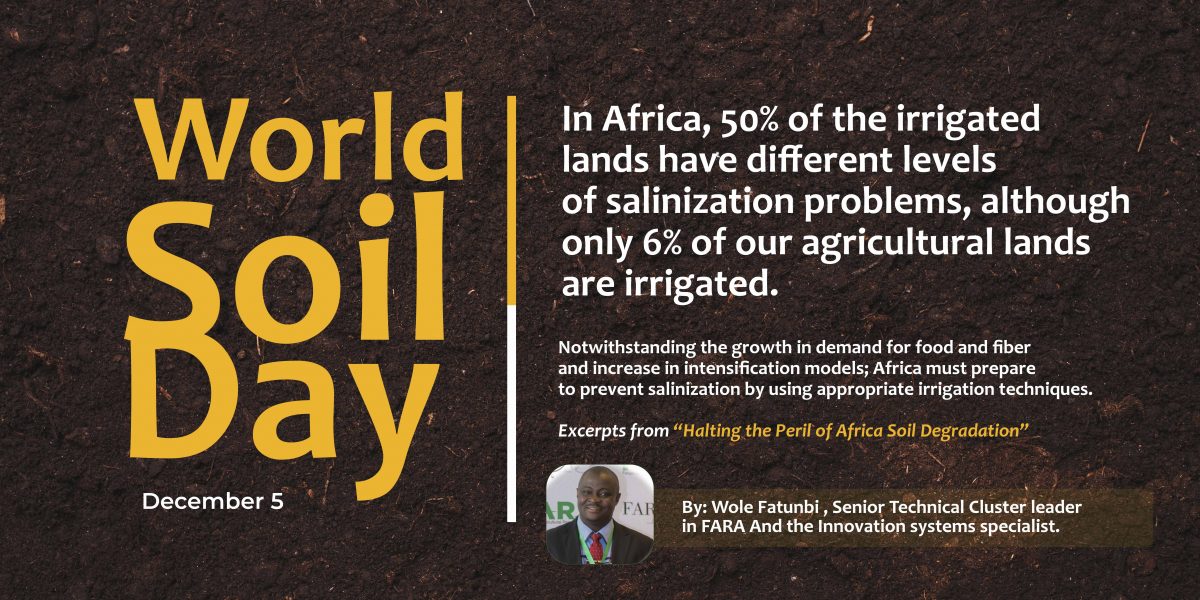


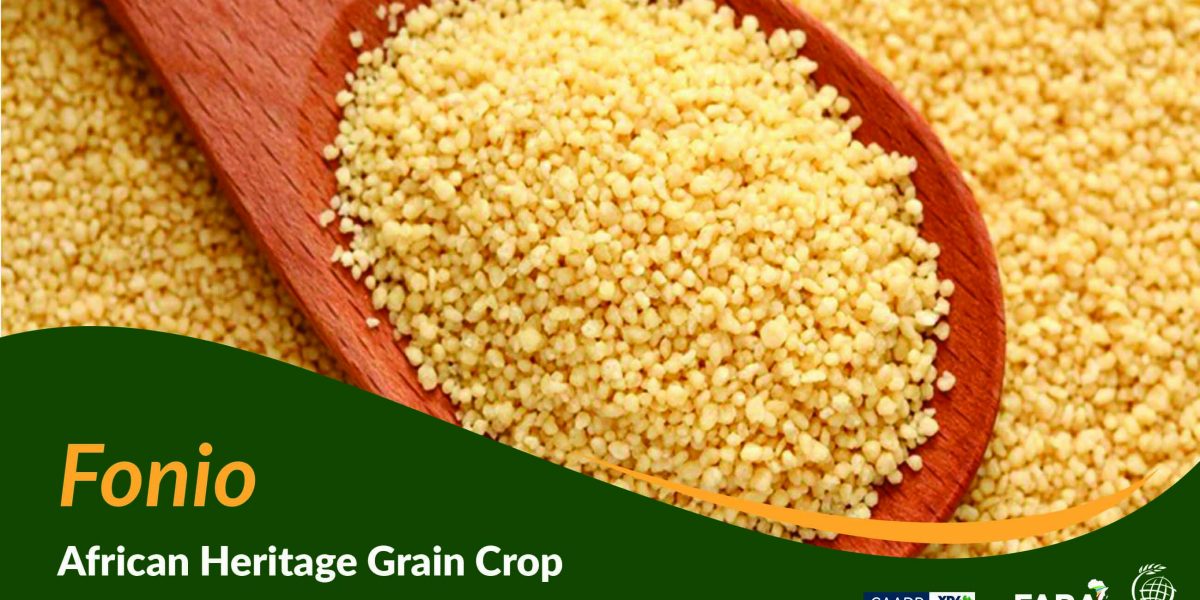
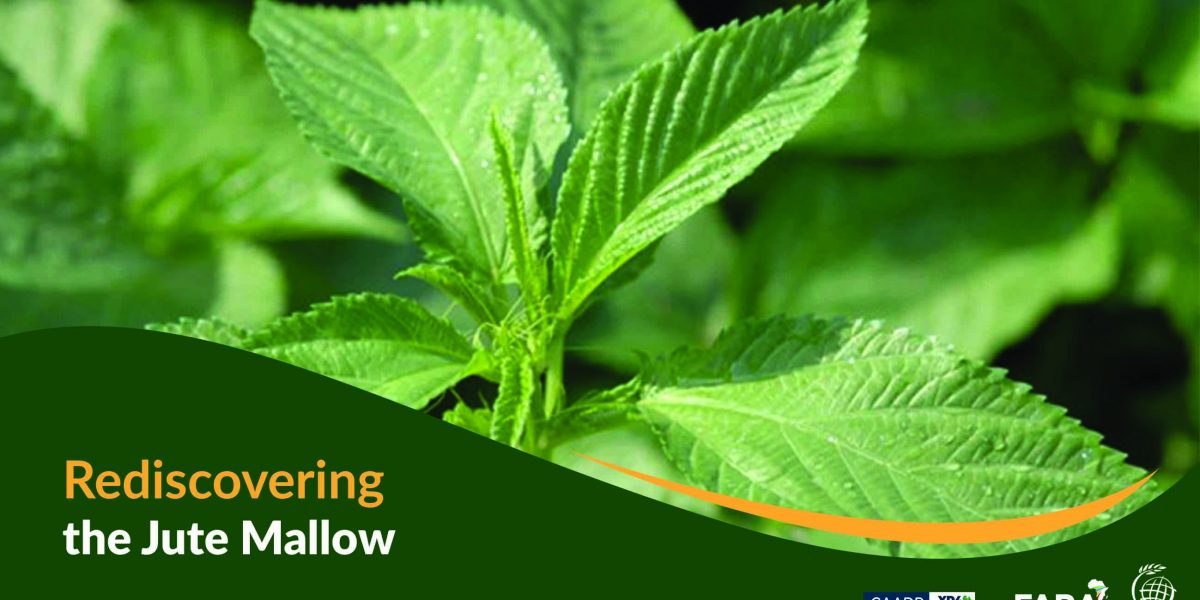
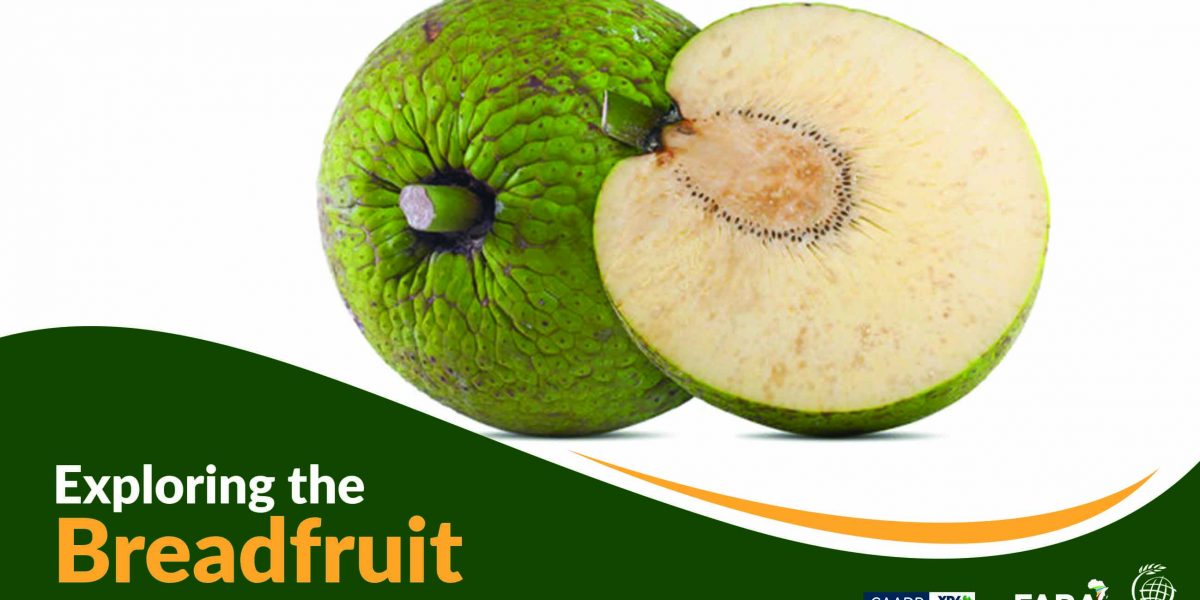
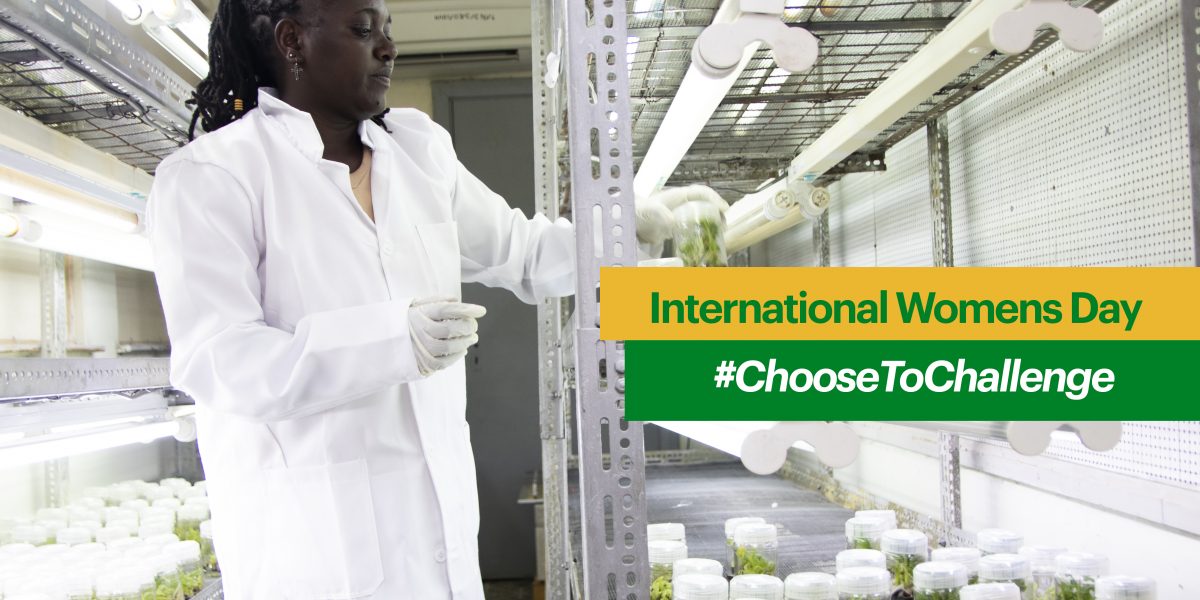




Recent Comments